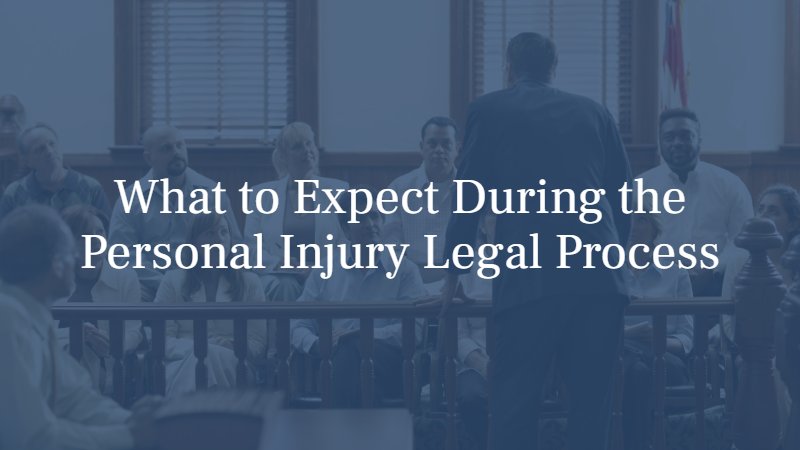After an unexpected accident, a personal injury lawsuit offers a pathway to justice and compensation. This legal process is designed to hold the responsible party accountable and provide financial relief for medical expenses, lost wages, and pain and suffering endured due to the injury. However, the litigation process can be complex, involving a series of steps that are essential for building a strong case.

Step #1: Consulting with Your Attorney
The first step in the personal injury legal process is to consult with an experienced attorney. During this initial meeting, you will discuss the details of your case, including how the injury occurred and its impact on your life. Your attorney will assess the strength of your case, advise you on your legal options, and outline the steps ahead.
Step #2: Filing Your Lawsuit
After deciding to proceed, your attorney will file a lawsuit on your behalf. Your complaint will outline your claims against the defendant, the basis of those claims, and the damages you are seeking. Filing the lawsuit initiates the formal legal process and sets the stage for the steps to come.
Step #3: Entering the Discovery Process
After your lawsuit is formally filed, you will enter the discovery phase. During this period, both parties exchange information related to the case. This process may include the collection of documents, medical records, and any other evidence that supports your claim. Discovery can help uncover pivotal facts, helping your attorney build a stronger case for negotiations or the trial.
Step #4: Providing a Deposition
During discovery, you may need to provide a deposition, which is a sworn, out-of-court testimony given by parties or witnesses involved in the lawsuit. Here, attorneys from both sides will ask questions related to the case
This step is essential as it records your account of the events and your injuries, which may be used to clarify details or establish facts during the trial. Your lawyer will help you understand how to prepare for the deposition and what to expect during this process.
Step #5: Engaging in Negotiations
Before the case goes to trial, there’s often an opportunity to negotiate a settlement. Negotiations can occur at any stage of the process but are more common after the discovery phase, once both sides have a clear picture of the case. Your attorney will negotiate with the defendant’s legal counsel and attempt to reach a fair settlement that compensates for the full extent of your injuries and losses.
Step #6: Participating in the Trial
If negotiations do not result in a settlement, your case will proceed to trial. During the trial, both sides present their arguments and evidence and call witnesses before a judge or jury. You may be required to provide testimony during the trial, giving the court a personal account of your injury and its impact.
Step #7: Hearing the Jury Verdict
After both sides have presented their cases, the jury will deliberate and render a verdict. They will determine whether the defendant is liable for your injuries and the amount of damages you are awarded. The verdict marks the culmination of the legal process, although appeals may follow.
If you plan on filing a personal injury lawsuit, you need a Riverview personal injury attorney on your side who can advocate for your rights every step of the way. After your accident, schedule a free legal consultation to learn more about your options and initiate the legal process.



